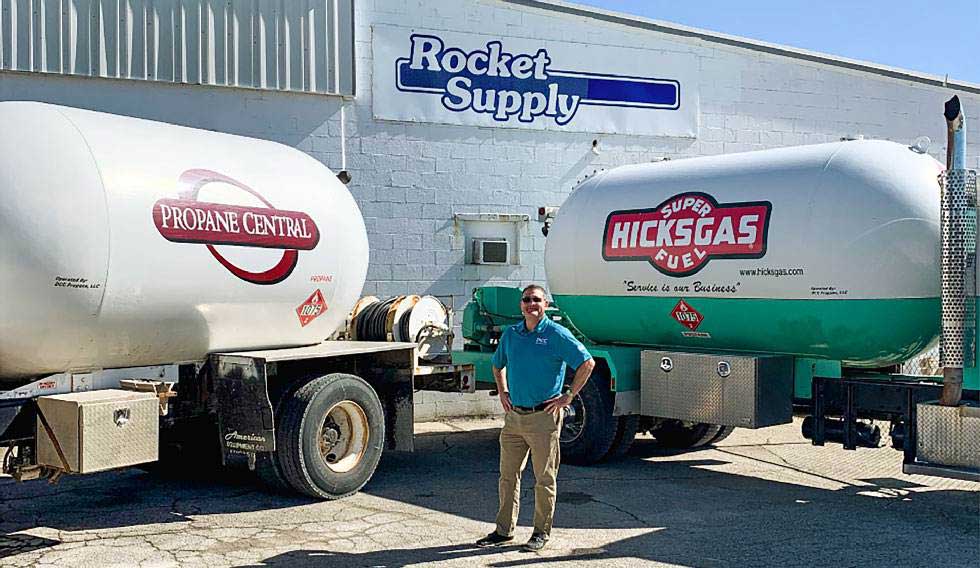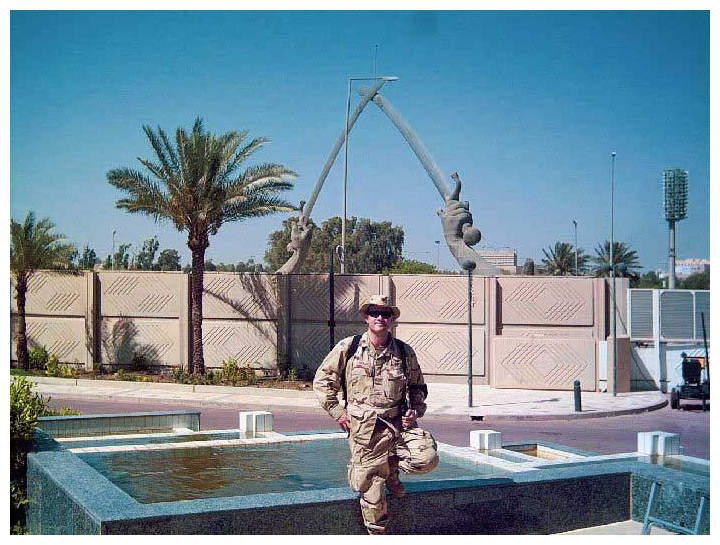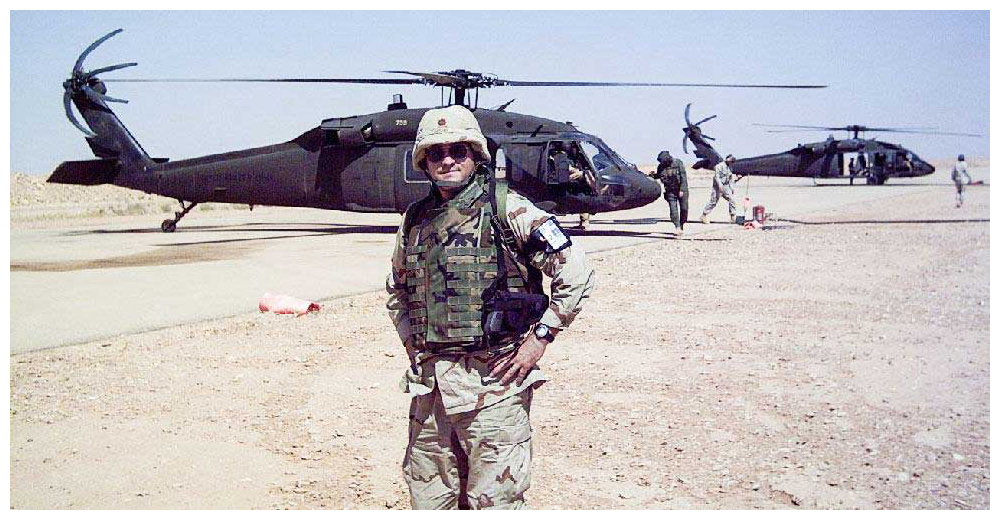
Editor's Note: In the July 2021 issue of BPN, we continued with the second part of an eight-month series centering on the role U.S. military veterans serve in our industry’s workforce. Vets2Tech founder Jesse Lord shared about Robert Brown, military veteran and president of Broco Oil, and his dedication to keeping the power on after disaster strikes. Click here to read Lord’s July article.
When Mike Abrams enlisted in the United States Army after college, he began his long military service — on both active and reserve duty — as an attack helicopter repairman.
Through the years, he was deployed in support of operations Desert Storm and Iraqi Freedom, graduated from the Officer Candidate Program and has held multiple posts leading up to his future retirement as a lieutenant colonel in spring 2022.
Abrams and I met in 2009, when he was still in the Army’s inactive ready reserves and was also the director of fleet services for one of the largest propane companies in the U.S.
 At the time, I was the owner of a bobtail manufacturing business that supplied trucks to his organization. From our earliest meetings, I could see Abrams had a work ethic and a personal style that would always serve him well with his coworkers and suppliers.
At the time, I was the owner of a bobtail manufacturing business that supplied trucks to his organization. From our earliest meetings, I could see Abrams had a work ethic and a personal style that would always serve him well with his coworkers and suppliers.
Although I had known Mike to be diligent and data-driven when we were discussing bobtails years ago, I’ve learned that his analytic mindset is a skill that bridges his multiple work projects.
His strengths as a fleet director and as an Army officer continued to develop in tandem as he applied his abilities to choreograph either trucks or people moving in concert. This past spring, he took on a new challenge to create and develop a fleet program for one of the fastest-growing propane companies in the U.S.
Clearly, his background prepared him well to take on this “dynamic, not static, process.” There’s a direct link; as Abrams says, “I developed a certain skill set in the Army that translates well to my work as fleet director.”
While in the reserves, Abrams experienced a few combat deployments and maintained his military certifications as an officer. His dedication to serving his country is admirable. Today he is proud to provide service to communities nationwide by bringing propane —
a clean-burning fuel alternative — to those folks who live beyond the grid.
He’s proud of propane’s environmental record as “a good niche fuel with a mature, established infrastructure. It’s one of the available solutions to climate challenges.”
 He defines the industry as being “responsible stewards” of our environment and personally ensures his drivers are trained to conserve fuel, which saves significant dollars and carbon emissions.
He defines the industry as being “responsible stewards” of our environment and personally ensures his drivers are trained to conserve fuel, which saves significant dollars and carbon emissions.
As a fuel used in every state in the nation, propane creates a diverse choice of places to work and live. In Abrams’s case, having been moved around by the Army for years, he now appreciates settling down and is glad to call the Kansas City, Missouri, area home.
When asked about what keeps him motivated in the energy industry, he talked frankly about the dangers inherent in dealing with a hazardous material and how this fact has rightly resulted in the creation of a culture of safety.
In the military, people are trained to be safe, and that emphasis instilled safety in Abrams’s life on the job and at home, too. He brings a “safety first” policy to his work as a fleet director.
From his first words to me about his concurrent military and civilian careers, Abrams talked about the importance of teams and how “everyone has to pull their weight.”
He “started in the military in the trenches, turning wrenches” and learned discipline, leadership, tenacity and flexibility. Abrams sees the possibility for ex-military personnel to become part of a winning team within the military-friendly propane industry. Truck drivers, service technicians and fuel handlers, as well as dispatchers, customer service reps, management and office people are all needed.
For example, it’s “not hard for a driver with a Class A commercial driver’s license to get a hazmat endorsement if you already have a security clearance.” He suggests you may use your developed skill sets or apply more training to learn new ones. This industry’s employment opportunities can “dovetail very nicely with your military background.”


